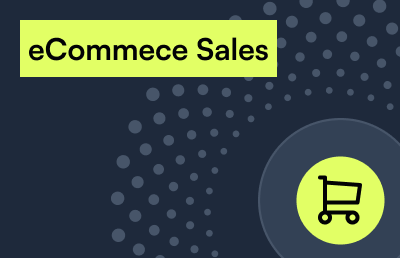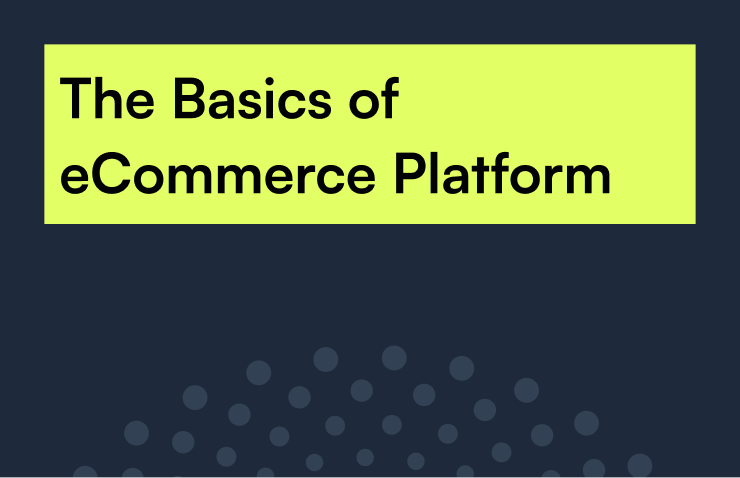When should a merchant be considering, or looking at, a migration planning for migration?
That’s a great question. I think there’s a different life cycle for every merchant. Ecommerce platforms evolve with time and the merchant’s needs evolves with time. So what we’ve seen from our experience is you have a lot of merchants that start-up – mom and pop – – and then before they know it, they grow into something really substantial.

Limited By SaaS
They started on a great SaaS platform. It got them to where they needed to go and there and thankful for that, but they need to take it to the next level. So when you’re hitting limitations on your SaaS platform, that’s when you should start looking for migrations.
Don’t restrict your business growth by the platform. So that’s on the SaaS level.
End of Life
Then, you know, let’s be open and honest here. There are some platforms that reach end of life. And there are merchants who are on an unsupported platform, which has huge security risks, even though companies like Nexcess have put together, you know, their Safe Harbor Platform to help merchants stay a little bit longer. But it’s not a long-term solution. So when you’re facing end of life, that’s definitely a reason to start looking for a new platform and a new migration project.
Ecommerce platforms evolves with time and the merchant’s needs evolves with time.
Legacy Software
And then you have the third – what I call – criteria. The bigger enterprise e-commerce platforms, where it’s legacy software, and they’re not able to keep up with the demand the merchants have, whether it’s B2C or B2B. What we found a lot is B2B merchants are demanding B2C functionality, so it’s great they’re trying to mix it all together. And if you’re coming up with those sort of issues, that’s when you should start looking for a migration. If everything is working perfectly and you’re happy staying where you are. Great and good for you.
But if you’re looking for growth, and I think you use the term in one of the previous session’s future-proofing yourself, then a migration is definitely warranted and doing a full investigation. And, you know, coming up with what’s going to be the best for you and in our opinion, Shopware is an awesome platform of choice. And we look forward to working with lots of merchants looking to migrate.
Opportunity Cost
Yeah, it’s there’s a lot to be said about the opportunity cost. So there are all sorts of costs that the merchants and their teams have to consider when they’re thinking about, you know, their existing platform or if they should move to another platform.
But that’s the one I like people to focus on the most, which is, you know, what is the cost of staying where you are now?
And those costs are – they’re interesting because they’re kind of insidious. You know, some of the costs and maybe, oh, this thing, just it could be a literal cost – like it is really expensive to keep this up and running. Or, if it’s an end-of-life platform, I mean, there’s a potential cost there’s certainly some risks when you have a platform that’s no longer being kept up to date from a security standpoint. But also the really insidious ones are the ones like, OK, what are the new features that are coming out, that you’re not going to get, if you’re on some legacy platform. And all of the abilities to engage, engage your customers, especially as a whole sort of customer mentality, consumer behaviors change and their expectations change.
Well, ideally, the platform is keeping up with that at some level. And then to your point about future-proofing, that platform enables teams to build the experiences that actually help push consumer behaviors further and further down the line. So that’s that, I think, is actually that those are the right things to be thinking about when you’re making the tough decision about when it’s time to pick a new platform.



